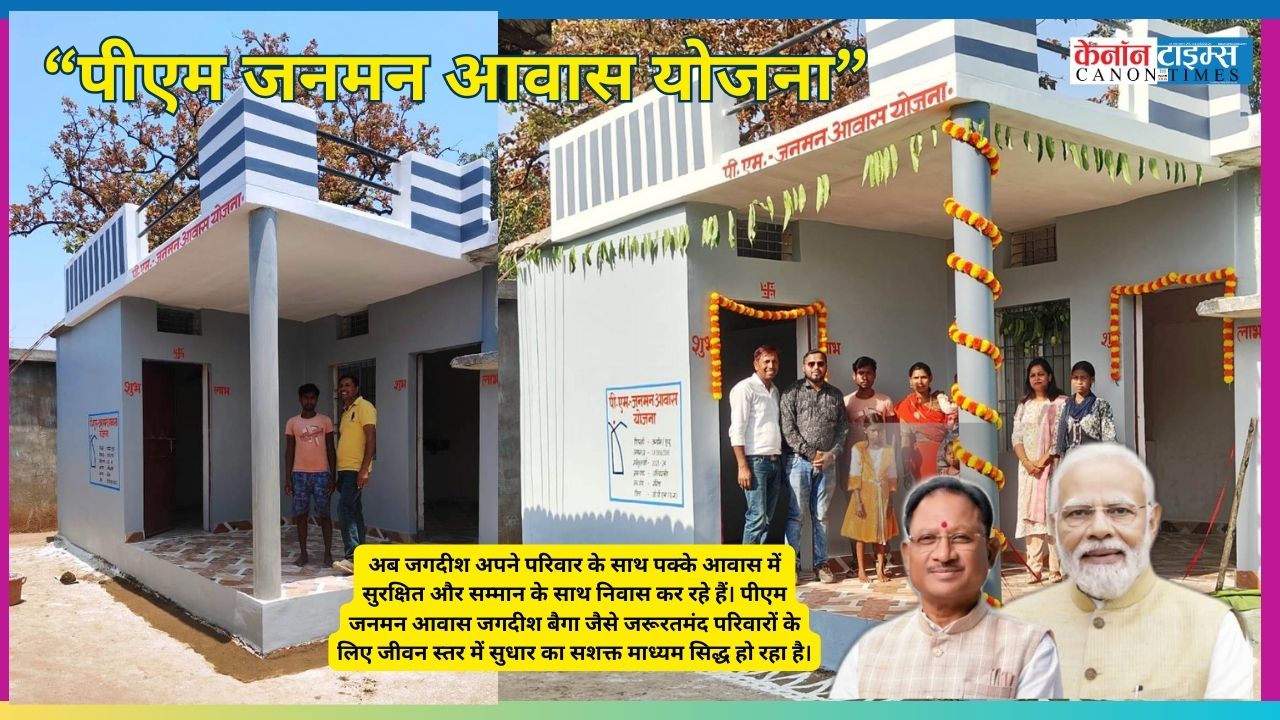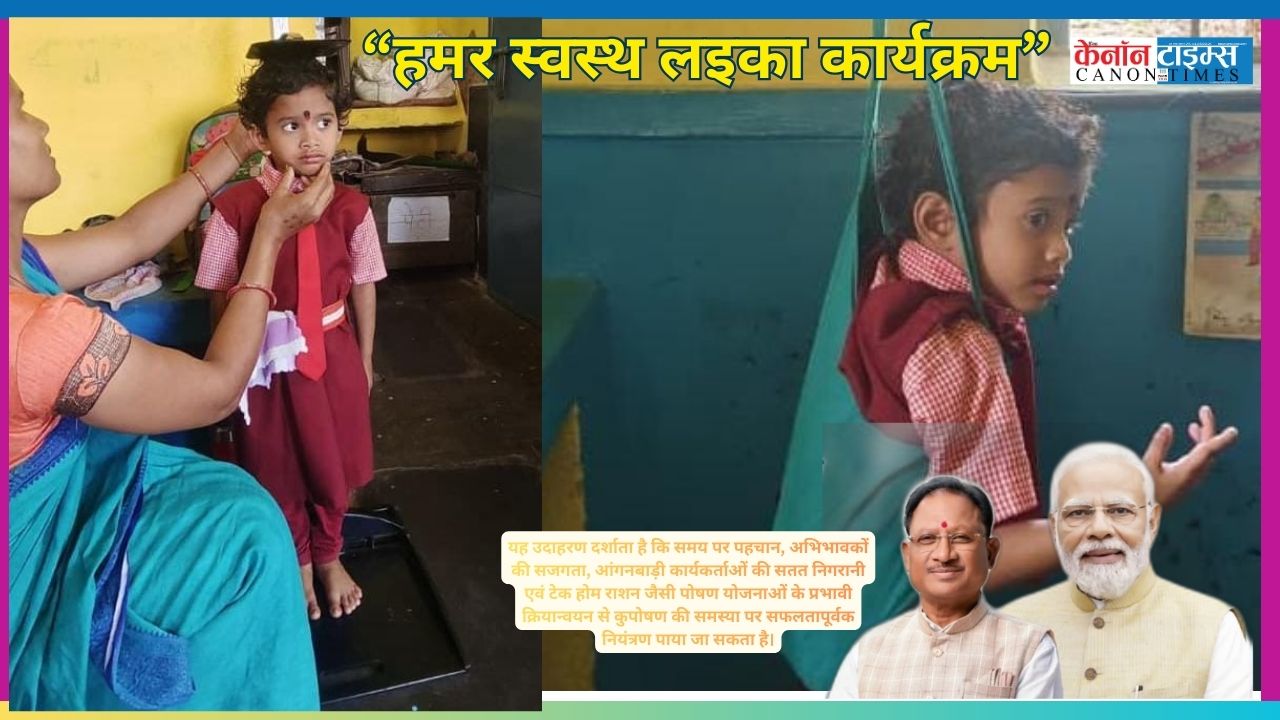Students Achieve Remarkable Results in Oyster Mushroom Production
Gaurela Pendra Marwahi, December 9, 2024
Mahant Bisahu Das Horticulture College has achieved a milestone in agricultural innovation through its successful experiment in oyster mushroom cultivation. The initiative, led by first-year students under the guidance of Dean Dr. Narayan Sahu and faculty member Dr. Chetna Jangde, showcases the potential of oyster mushrooms as an economically viable and environmentally sustainable venture.
Favorable Conditions for Mushroom Cultivation in Pendra
The current climatic conditions in Pendra, with temperatures ranging between 23°C to 25°C, are ideal for oyster mushroom production. Recognizing this advantage, the students cultivated two popular varieties of oyster mushrooms: white and pink oyster mushrooms. Using rice straw as a key substrate, they prepared cultivation bags after sterilizing the mushroom spawn with hot water and a formalin-bavistin mixture to ensure a contamination-free environment.
Cost-Effective and High-Yielding Process
The production process is not only efficient but also cost-effective:
- Raw Material: Rice straw costs approximately ₹4 per kilogram.
- Bag Preparation: Each cultivation bag costs less than ₹20, with 50 grams of mushroom spawn per bag.
- Yield: Each bag produces 1.5 to 2 kilograms of mushrooms within 25–30 days.
This method demonstrates that mushroom farming can be a highly profitable business, especially for small-scale farmers and students looking for sustainable agricultural practices.
Benefits of the Initiative
- Hands-On Learning: The project provides students with practical experience in agricultural techniques.
- Economic Opportunities: With minimal investment, mushroom farming offers significant returns, making it a viable income-generating activity.
- Environmental Sustainability: Utilizing rice straw, a byproduct of farming, reduces waste and promotes eco-friendly practices.
Collaboration and Faculty Support
The project was a collaborative effort with contributions from various faculty members, including:
- Dr. Sonal Tiwari: Assistant Professor, Genetics and Plant Breeding.
- Dr. Shubham Thakur: Agricultural Economics.
- Dr. Mukesh Patel: Entomology.
- Ms. Garima Korram: Soil Science.
- Dr. Lakshmi Prasad Bhardwaj: Vegetable Science.
Their combined expertise ensured the success of the project, from conceptualization to execution.
Future Prospects
The successful cultivation of oyster mushrooms has opened new doors for students and farmers alike. With low investment and high profitability, mushroom farming can emerge as a stable and scalable business model. This initiative also highlights the role of agricultural colleges in fostering innovation and practical skills among students.
Key Takeaways
- Cost Efficiency: Mushroom farming requires minimal investment with significant returns.
- Environmental Impact: Promotes sustainable use of agricultural waste.
- Educational Value: Provides students with hands-on experience in agriculture and business management.
Mahant Bisahu Das Horticulture College’s efforts not only set an example for other institutions but also contribute to the development of sustainable agriculture in Chhattisgarh. This project is poised to inspire more students and farmers to explore mushroom cultivation as a profitable and eco-friendly endeavor.
Author: This news is edited by: Abhishek Verma, (Editor, CANON TIMES)
Authentic news.






